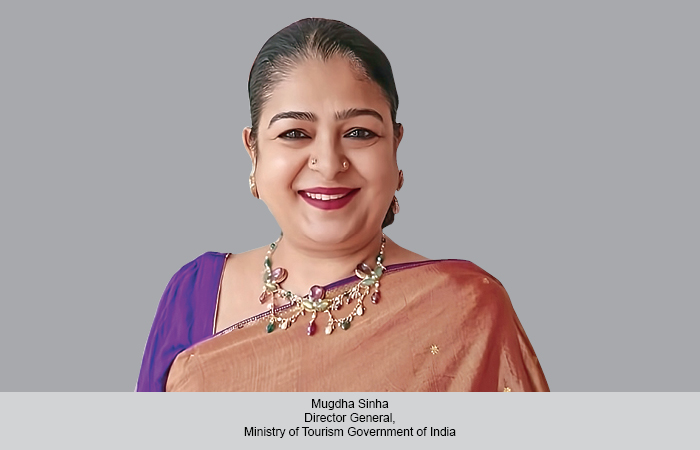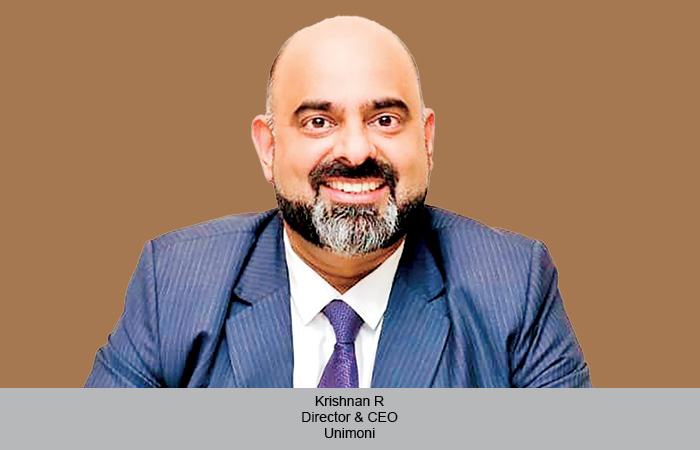Adoption of responsible practices, capacity building, and a model code of conduct is need of the hour to position India on the world tourism map and make it the most preferred destination among foreign tourists, says Mugdha Sinha, Director General, MOT, Government of India.
Surbhi Sharma
In keeping with the Indian tourism industry’s objective of positioning India as a global tourism hub, the Union Ministry of Tourism has outlined in its policy the central principle of ‘Atithi Devo Bhava’. It shows the government’s commitment to ensure that every tourist in India is physically invigorated, mentally rejuvenated, culturally enriched and spiritually elevated.
In an interaction with TRAVTALK, Mugdha Sinha, Director General, Ministry of Tourism, Government of India, emphasised the importance of responsible tourism while stressing on the need for capacity building, enhancing aviation sector services, streamlining visa procedures, adopting model code of conduct and ethics, and improving connectivity to lesser-known destinations to make India more accessible and appealing to foreign visitors.
Responsible tourism
Talking about the key measures that should be taken to promote responsible tourism, Sinha said, “Responsible tourism begins with the civic sense and defines how we interact with others, extending beyond just visitors. Promoting civic sense from an early age will
enhance our reputation, both domestically and globally. By embedding these values into our education system and encouraging widespread discussion, we can significantly improve India’s image as a welcoming destination for everyone, including foreign tourists.”
Commenting on capacity building that plays a pivotal role in the development process, Sinha said that it is crucial to equip local stakeholders with the skills and knowledge required for sustainable tourism management. “Achieving this involves targeted training programmes, partnership with international experts, and fostering a culture of continuous learning within the industry,” she suggested. Additionally, enhancing aviation sector facilities is also vital. “Upgrading airports, streamlining visa procedures, and improving connectivity to lesser-known destinations will make India more accessible and appealing to foreign visitors.
Model code of conduct & ethics
Giving insights into improving facilities for foreign tourists, she stressed the need for a model code of conduct. “For me, the model code of conduct represents a unified vision. Not only the code of conduct but we need code of best practices and code of ethics for ensuring ethical practices and promoting sustainable growth in the tourism industry,” she said.
 TravTalk India Online Magazine
TravTalk India Online Magazine





